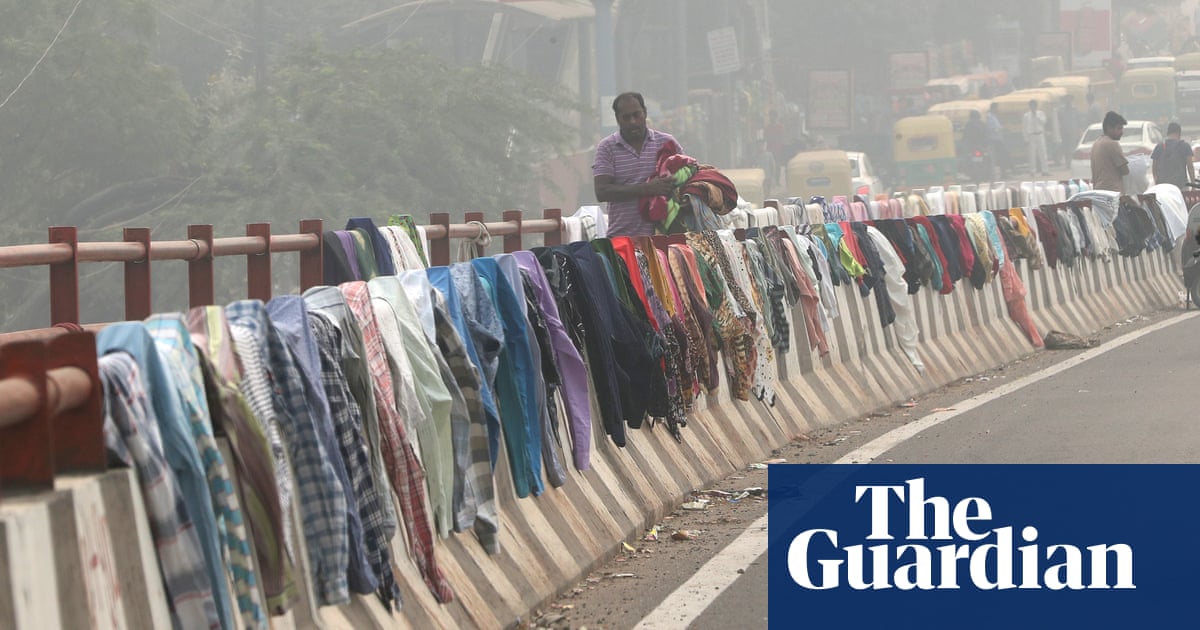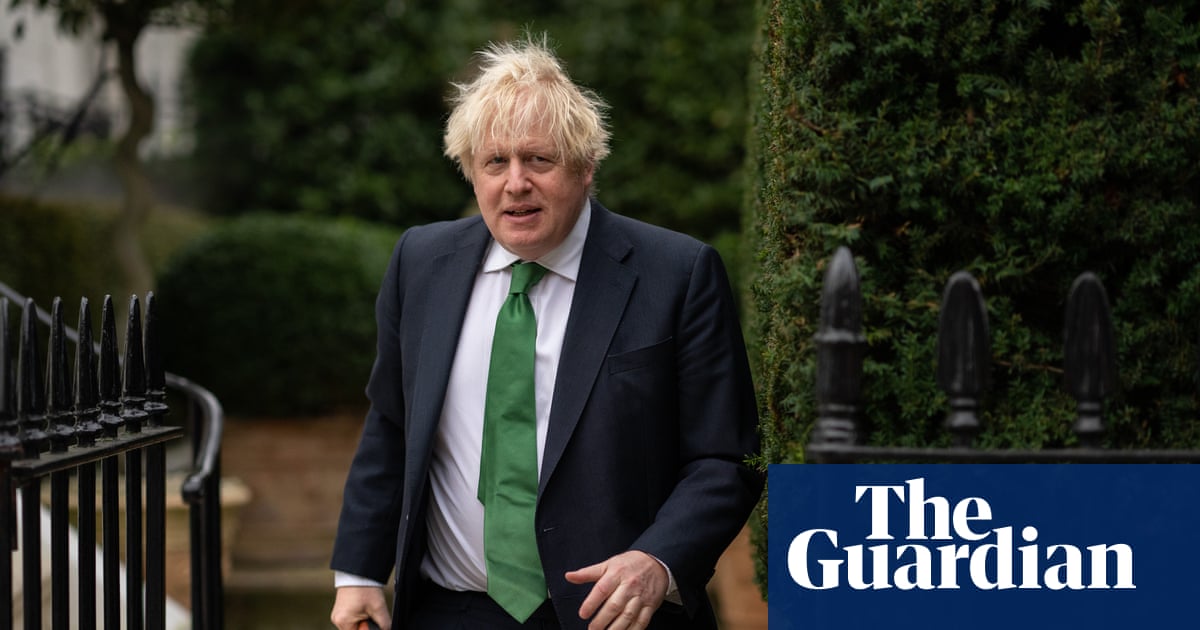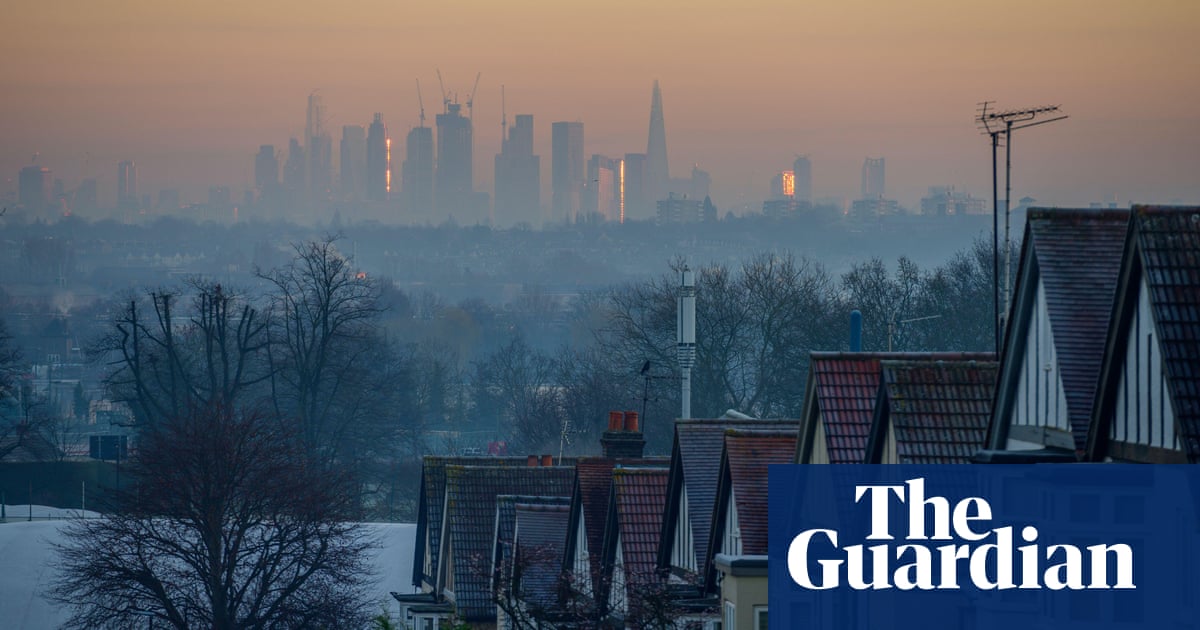
Medical leaders are urging Boris Johnson to cut legal levels of air pollution in the UK to below World Health Organization limits in response to the death of the schoolgirl Ella Kissi-Debrah from toxic air.
Members of the UK Health Alliance on Climate Change are calling for the reduction in limits of PM2.5 to be included in the environment bill, which returns to parliament this week.
A letter to the prime minister from leaders of the British Medical Association, more than 20 nursing colleges, the Lancet and the British Medical Journal (BMJ) says: “Today, before the environment bill returns to the House of Lords, we urge your government to use this bill to make a legally binding commitment to reducing fine particulate pollution (PM2.5) in the UK to below the maximum level recommended by the WHO by 2030.
“Air pollution is among the greatest environmental determinants of health, and contributes to many serious and chronic health conditions affecting every organ in the body. Despite this, the UK’s legal limits for PM2.5 pollution – some of the most damaging of all pollutants – are currently more than double the WHO recommended limit.”
Last week, in response to recommendations by the coroner in the inquest of nine-year-old Ella to cut the limit to WHO levels, the government failed to commit to such reductions. Instead, Johnson’s government promised to hold a public consultation next January, with a view to setting new air pollution targets in October 2022.
It made no commitment to setting the legal limit at below the WHO level for PM2.5 of an annual mean 10 μg/m3, but said it would use the WHO guidelines to inform its ambitions.
In a landmark ruling, the coroner Philip Barlow found that air pollution was a cause of Ella’s death in 2013. Barlow said during her life Ella was exposed to nitrogen dioxide and particulate matter (PM) pollution in excess of WHO guidelines, the principal source of which were traffic emissions.
Failure to reduce pollution levels to legal limits possibly contributed to her death, as did the failure to provide her mother with information about the potential for air pollution to exacerbate asthma, he found.
In their letter to Johnson, the medical leaders point out that the Royal College of Physicians estimated about 40,000 deaths a year may be attributed to air pollution. NHS and Public Health England figures over five years before the Covid-19 pandemic showed 5% of all deaths were attributable to PM2.5.
“Thousands more are living with health conditions caused or exacerbated by dirty air. Such lung conditions leave people more vulnerable to viruses such as Covid-19, so protecting the lung health of the public is a key element of the fight against the virus,” the letter says.
It goes on to challenge Johnson to show leadership in the year the UK hosts Cop26, the 26th UN climate change conference, in Glasgow.
“The sources of fine particulate pollution – road transport, domestic and industrial burning – are also the sources of a significant proportion of the UK’s greenhouse gas emissions. We can therefore tackle the challenges of climate change and air pollution simultaneously … We must do so, if we are to meet your government’s commitment to reaching net-zero carbon emissions by 2050,” the letter says.
“As your government aims to build back better, the economic, health, and environmental cases for strong legal protection from fine particulate air pollution are clear. This should be in line with the standards set by the WHO.”
The environment bill returns to parliament this week when the House of Lords considers the bill at committee stage. The medical leaders urged members of the Lords to back an amendment by Maggie Jones to introduce WHO-compliant targets for PM2.5 pollution.
The letter’s signatories include Dr Richard Smith, chair of the UK Health Alliance on Climate Change; Dr Edward Morris, president of the Royal College of Obstetricians and Gynaecologists; Prof Jon Bennett, chair of the British Thoracic Society board; Dr Andrew Goddard, president of the Royal College of Physicians; Dr Adrian James, president of the Royal College of Psychiatrists; Prof Maggie Rae, president of the Faculty of Public Health; and Dr Camilla Kingdon, president of the Royal College of Paediatrics and Child Health.












